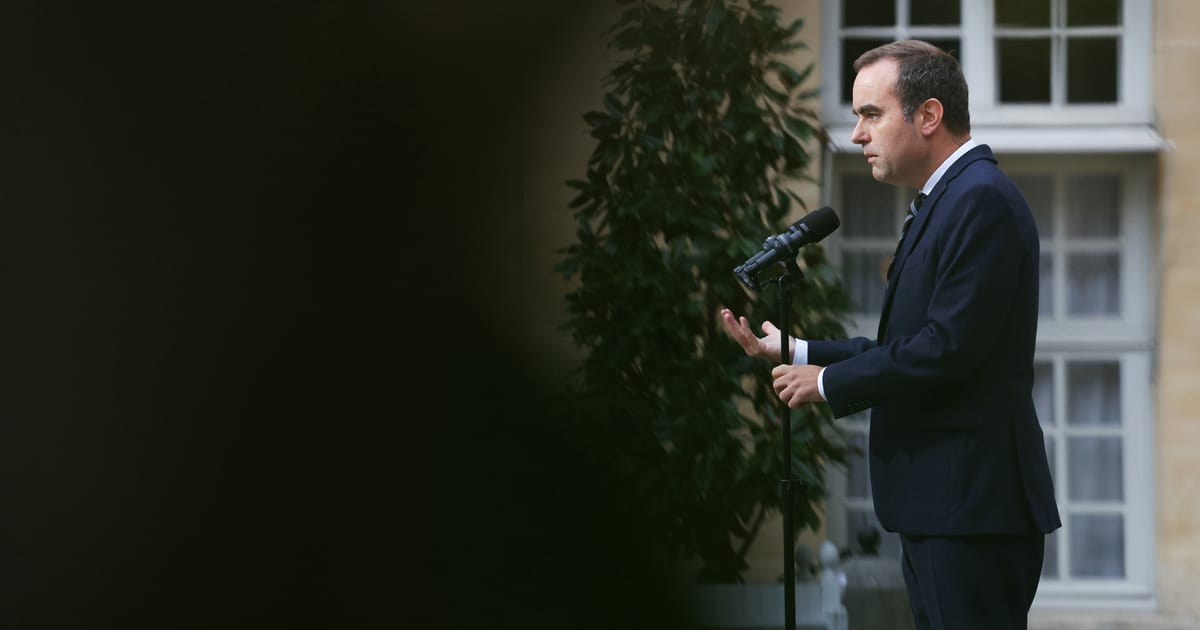The 39-year-old Lecornu was Macron’s fifth prime minister since his re-election in 2022 and faced the arduous task of passing a slimmed-down budget to rein in France’s budget deficit and assuage fears that the eurozone’s second-largest economy had not become ungovernable.
Financial markets took the news badly as fears rise that Paris is politically incapable of making the billions of euros of budgetary cuts needed to see off a debt crisis, with governments collapsing like dominos because they are unable to push through reforms.
The benchmark French stock index slumped as much as 3 percent at the opening, before relenting a little. In the bond markets, the French government’s 10-year borrowing costs lurched 0.08 percentage point higher to 3.57 percent, a whisker short of their highest level for the year. They are now above what Italy pays to borrow for 10 years.
Most ominously, the euro itself fell by over half a cent against the dollar, in a rare instance of domestic political upheaval having effects beyond France’s borders.
Same old faces
Lecornu’s path forward had looked uncertain at best when he took the reins last month from François Bayrou, whose government collapsed over his efforts to pass unpopular spending plans that included axing two public holidays.
The new prime minister’s potential partners and opponents had made clear they were looking for a symbolic break with Macron’s past governments and policies if they were to play ball in either budget talks or join the new cabinet in some form.

